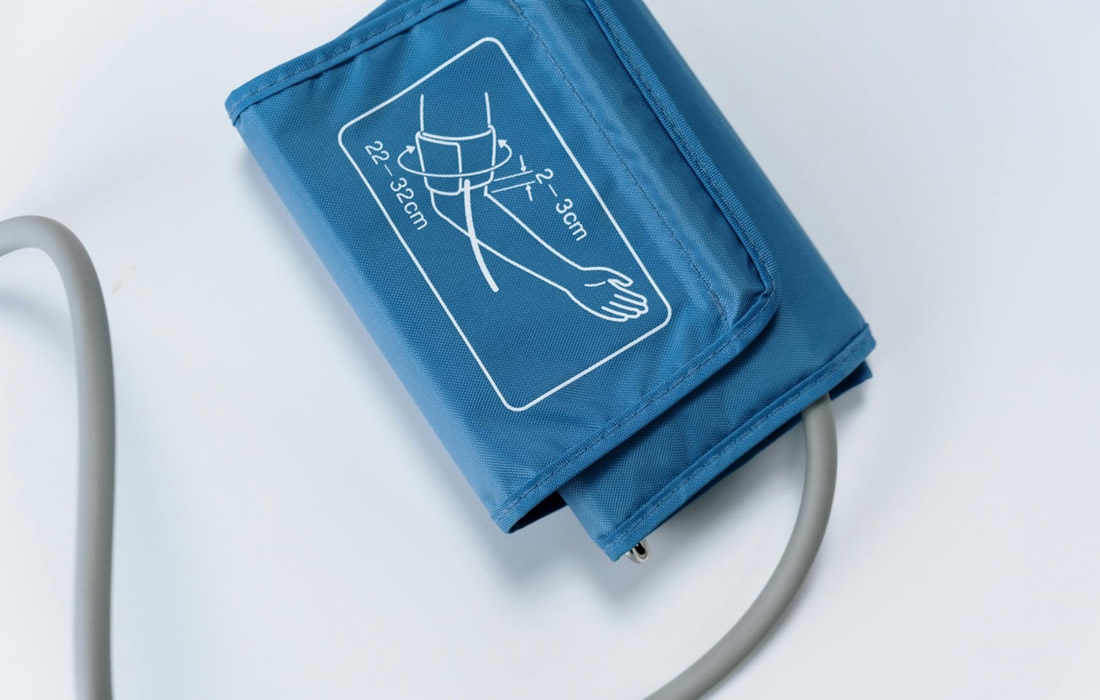A new study finds that very few patients diagnosed with type 2 diabetes are able to achieve normal blood glucose levels through weight loss alone. Clinical trials suggest that people with type 2 diabetes can control their blood glucose levels without medication if they lose weight and keep it off. However, it is unknown how […]
Monthly Archives: February 2024
“Depression affects millions of individuals worldwide, necessitating more effective treatments. Conventional methods, such as drug therapy with delayed onset of action and psychotherapy, have limitations in yielding satisfactory results for many patients. A pioneering advancement in treatment is urgently needed,” said Professor He Jufang. Previous research found that stress leads to neural plasticity changes in […]
The gut microbiome interacts with the loss of female sex hormones to exacerbate metabolic disease, including weight gain, fat in the liver and the expression of genes linked with inflammation, researchers found in a new rodent study. The findings, published in the journal Gut Microbes, may shed light on why women are at significantly greater […]
In recent news, there has been a case where a patient experienced pain due to a surgical procedure involving sutures, resulting in the unintended presence of gauze within the patient’s body. Gauze is typically employed to control bleeding during medical interventions, aiding in hemostasis. However, when inadvertently left in the body, it can lead to […]
For middle-aged women plagued by migraines, or hot flashes and night sweats, another worry may linger in the backs of their minds: whether these experiences have set them up for a heart attack, a stroke or another cardiovascular crisis. Kim and her colleagues at Michigan Medicine, U-M’s academic medical center, published the new pair of […]
Arterial stiffness was a better predictor of future risk of Type 2 diabetes than blood pressure, and people with a combination of high blood pressure and stiffer arteries had the highest risk of developing diabetes, according to new research. Previous studies have found that hypertension, or high blood pressure, is a risk factor for Type […]
The drug finasteride, also known as Propecia or Proscar, treats male pattern baldness and enlarged prostate in millions of men worldwide. But a new University of Illinois Urbana-Champaign study suggests the drug may also provide a surprising and life-saving benefit: lowering cholesterol and cutting the overall risk of cardiovascular disease. The study, published in the […]
Injuries in the central nervous system heal poorly because cavities scar. Researchers hope to remedy this problem by filling the cavities in such a way that stem cells feel comfortable in them. The researchers studied neural stem cells from mouse embryonic brains, which they cultivated on positively charged hydrogels. “Our aim was to create an […]
ADHD is a common disorder often diagnosed in childhood and continuing into adulthood, according to the Centers for Disease Control and Prevention. Children with ADHD may have trouble paying attention, controlling impulsive behaviors or regulating activity. Early diagnosis and intervention are key to managing the condition. “ADHD is extremely difficult to diagnose and relies on […]
Hundreds of novel ingredients never encountered by human physiology are now found in nearly 60 percent of the average adult’s diet and nearly 70 percent of children’s diets in the United States. While obesity and lack of physical activity are well recognized contributors to avoidable morbidity and mortality in the U.S., another emerging hazard is […]










